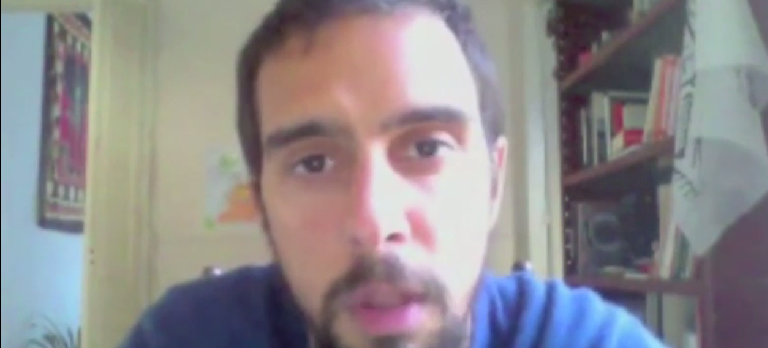CETIM focuses on the promotion and implementation of economic, social and cultural rights (ESCR). They are the backbone of human rights and a powerful tool for achieving a self determinated development model by peoples. This is particularly true for the most vulnerable and marginalised populations. Properly implemented, these rights contribute to the respect for human dignity and to the achievement of social justice. On the contrary, the violation of any of them can jeopardise the enjoyment of all the others.
The universality, indivisibility and interdependence of human rights are enshrined in international instruments. Yet, we are still a long way from their effective implementation for all, and ESCR are among the worst off. Indeed, the basic needs (food, water, health, housing, education) of a third of humanity are still not being met. In some respects, the situation has even deteriorated, including in the countries of the North. This is due to the fact that the policies adopted at economic level accentuate ESCR violations and cause
– increased poverty
– growing inequality across the world
– multiple crises (political, economic, financial, environmental, social and cultural).
By definition, human rights are designed to protect citizens from the arbitrary actions of the most powerful and their governments
The international health crisis linked to COVID-19 has only exacerbated this situation. It has also shown the importance of implementing public policies based on ESCR. In particular, the right to health, the right to housing, the right to food, the right to water, the right to work, the right to education and the right to social security.
But for human rights to be better respected, they must be known, they must be demanded and they must be enforced. However, victims are often unaware of their rights and of the mechanisms available to them for appealing (at national, regional or international level). States, which have an obligation to inform and educate their citizens about human rights, often fail in their duties.
The role played by civil society organisations and social movements in human rights education and training is therefore crucial
– to denounce human rights violations
– to contribute to the implementation of existing standards.
In the course of the Human Rights Council’s thirty-first session, the CETIM intervened in the discussion of subjects related to its historic role of advocate and nerve center for the social movements of the Global South. During the Council’s session, which was held in February and March 2016, the CETIM condemned the anti-union repression in […]
Continue reading
The official opening ceremony of the Olympic Games takes place on 5th August 2016. For many years, CETIM denounces economic and social disasters caused by big sports events. From past experiences in South Africa, Brazil, China, Argentina and England, CETIM denounces economic and social consequences for local populations resulting from major sports events.
Continue reading
Press release of the UN Independent Expert on the promotion of a democratic and equitable international order NEW YORK (26 October 2015) – “Trade must be made to work for human rights and development and not against them,” the United Nations Independent Expert on the promotion of a democratic and equitable international order, Alfred de Zayas, […]
Continue reading
On the occasion of the 30th session of the Human Rights Council, the Europe-Third World Centre (CETIM) has the pleasure to invite you to a side event on Public debt and human rights: the case of Greece Friday 18, 2015, 17:00-18:00, Palais des Nations, Room XXVII Speakers: Renaud Vivien Jurist and Member of the Greek […]
Continue reading
Since May 2010, Greece has been subjected to painful structural adjustment measures by its creditors. The economic and social effects are tragic. A Greek Debt Truth Commission has been created in April 2015 by the Greek Parliament. The preliminary report’s conclusions are clear: the debt and the austerity measures imposed on Greece violate human rights and international law, the debt claimed from Greece in 2015 is totally unsustainable, and much of it is illegal, illegitimate and odious and should be repudiated.
Continue reading
« Previous
1
…
16
17
18
19
20
…
33
Next »




